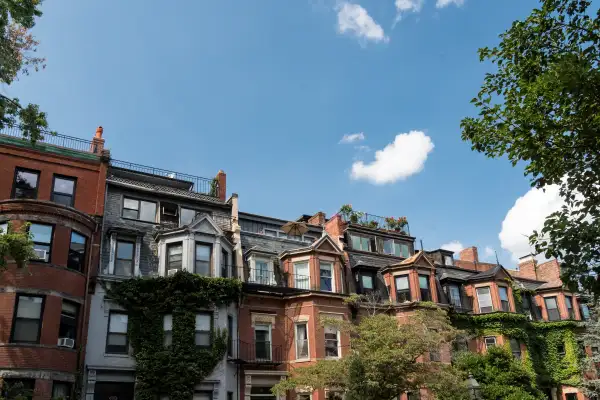It's Much Harder to Buy a House Nowadays Because Boomers Refuse to Move

Ok boomer, can you move already?
American homeowners are staying put a lot longer than they used to, The Wall Street Journal reports.
According to new data from real-estate brokerage Redfin, a typical homeowner in 2019 in the U.S. has spent 13 years in their home, a full eight years longer than homeowners in 2010. Redfin looked at 55 metro areas in the U.S. and found that median home tenure rose in every single one. Homes for sale in the U.S. are close to the lowest recorded levels of inventory in almost four decades, the Journal reports.
Homeowners moving less frequently has resulted in a housing shortage for first-time homebuyers, Redfin says. The lack of inventory is causing prices to rise, pushing potential first-time buyers out of the market. Americans are now staying put the longest in Salt Lake City, for an average of 23.4 years today, compared to just 14.7 years in 2010. Major cities in Texas like Houston and Forth Worth have the next highest rates of homeowners not selling, followed by Boston, which now has an average home tenure of 17.6 years, compared to 9.5 years in 2010.
While a confluence of factors has contributed to the current housing crunch (in places like California, for example, property tax laws incentive long-time homeowners to stay put), according to the Journal, economists partly blame one particular culprit: baby boomers.
It's becoming less realistic for baby boomers to downsize or move themselves for the same reasons prospective first-time homeowners are struggling to buy: they're being priced out of their options. One boomer couple told the Journal that even though their Danville, Calif. home had more than tripled in value since they bought it in the 1980s, paying the capital-gains taxes on the sale meant it didn't make financial sense for them to move, especially since they'd have to pay higher property taxes after the move, too.
In Seattle, home prices have risen 80% while inventory has dropped 50% over the last nine years, according to Redfin. For one couple there, those trends meant it was more affordable to knock down their existing home and build a bigger one on their current lot rather than find a bigger property in their price range, the Journal reports. The problem is everywhere: there are now about half as many homes for sale in San Francisco as there were in 2010, and the homes that are for sale come with higher price tags. The median home price there has doubled since 2010, according to Redfin.
Without the older generation selling their family homes once the kids have flown the coop or they've left the workforce, housing inventory is likely to continue to stagnate, creating a greater shortage of available homes and prices that keep rising, leaving millennials to keep wondering: when are you moving, boomer?